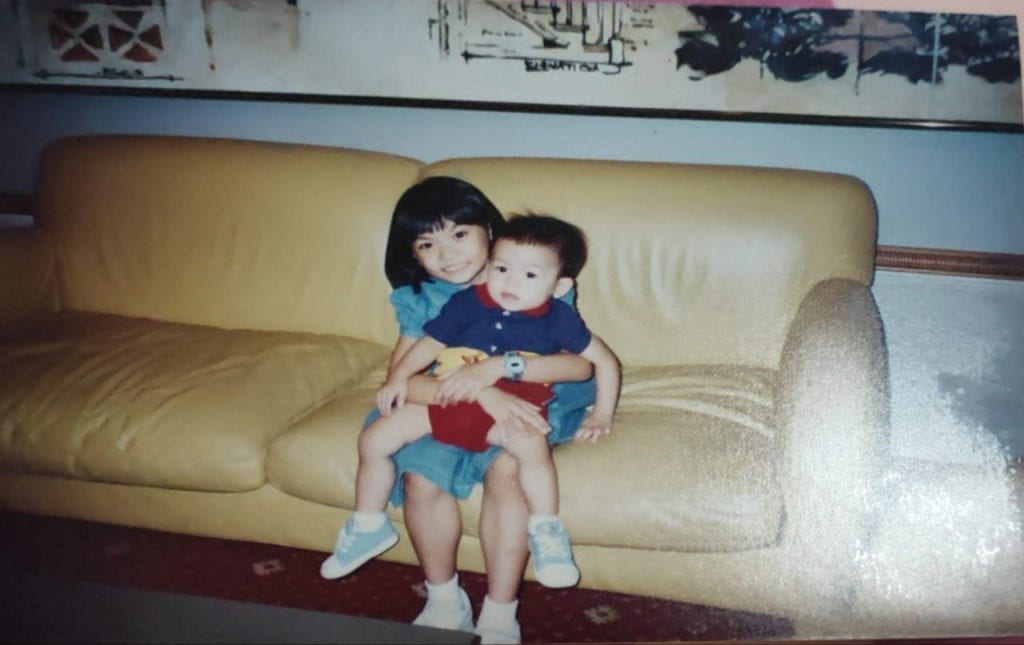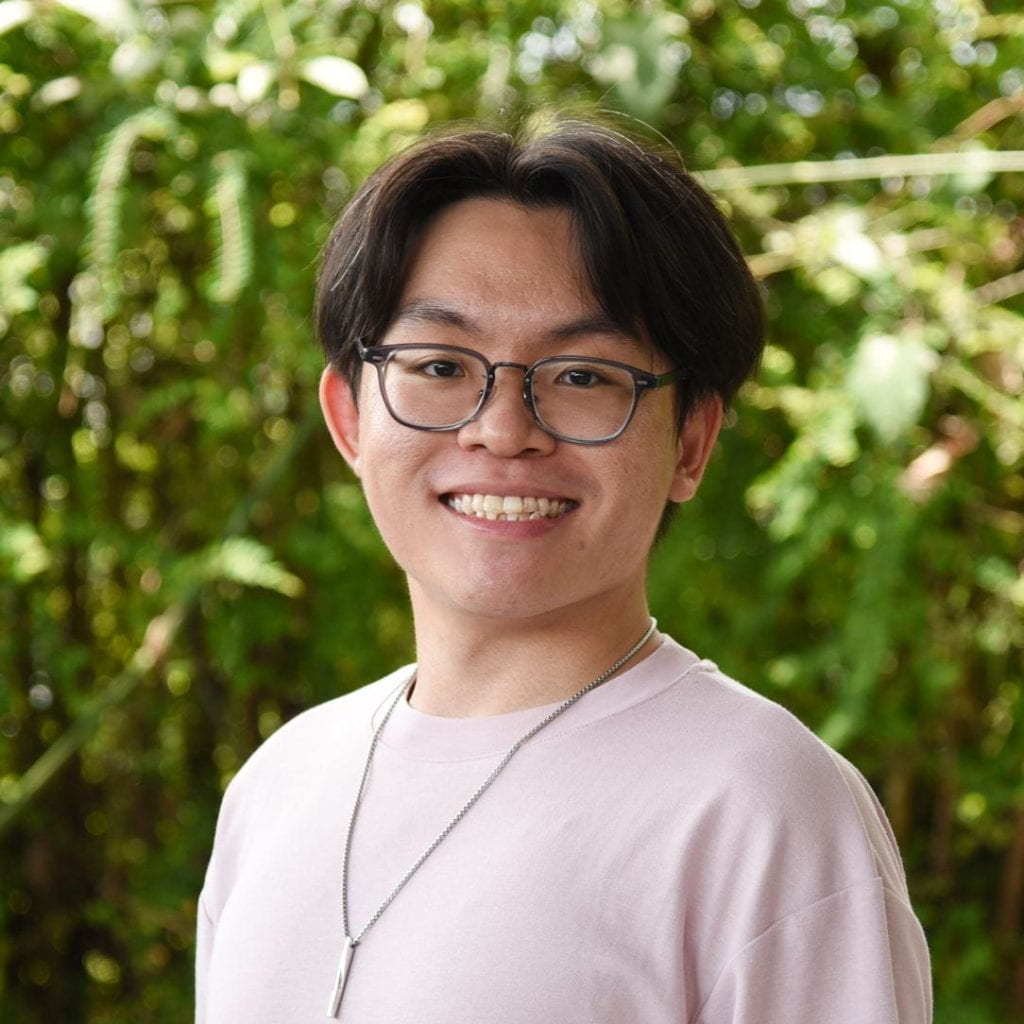As a Singaporean born in the United States, the only lifeline I had to my Mother Tongue (Mandarin) was literally my mother. Worried for my language ability, she taught me in every way she could: reading stories, reciting poems, physically guiding my handwriting; an experience in both English and Mandarin. The difference, however, was that at kindergarten ages, I had more formalised lessons in English than I did in Mandarin, which was almost exclusively taught to me by my mother. Comparatively, it could be said that the process was much more intimate than that in acquiring English. Perhaps because of this difference then, accessing my emotions through English was more foreign than I expected…
Where English is the primary operative language in Singapore, with much formal communication using it, I found it difficult to express myself fully through English—there would always be this gap, this invisible wall, between me and the other party no matter how I tried to put my sentences together. Meanings would get across, sure, and at the same time, the communication felt flat—was the depths of what I felt actually getting through? This concern showed glaringly in my interactions with my mother: wires would get crossed and we’d often misunderstand each other. For some unknown reason, on a random day, I tried talking to my mother in Mandarin about a complaint I had. What I realised, after switching to Mandarin, was that my ability to express myself had been enhanced. The ranges in tone and pitch in which I was able to express myself had expanded, allowing for a greater variety of ways I could express exasperation, joy, playfulness, my feelings in general, and allowed me to better communicate with my mother.
Understandably, many things affect expression through language, but I would like to think that thanks to the unique experiences I had in being exposed to Mandarin as a child, that it truly has led to it being my Mother Tongue.
This post was written by our new Junior Research Assistant, Xavier. Xavier was a Sociology student and speaks/uses English, Mandarin, Korean, Japanese, Singapore Sign Language (SgSL), French and German (in order of proficiency).
Multilingual Memories is a collection of stories about our experiences learning language growing up as a bi- or multilingual! Childhood is when most of us start learning languages, and we think that it would be fun to reminisce about those memories together. Want to read more Multilingual Memories? Click here!
At BLIP Lab, we’re keen on investigating these language mixes at home! If you have a child between the ages of 0-4 years old, we’d love to invite you on our journey to understand more about this. Click here to know more about the Baby Talk-a-thon: https://blogs.ntu.edu.sg/blip/baby/talkathon/
We’re also on Instagram @bliplabntu – follow us there!

